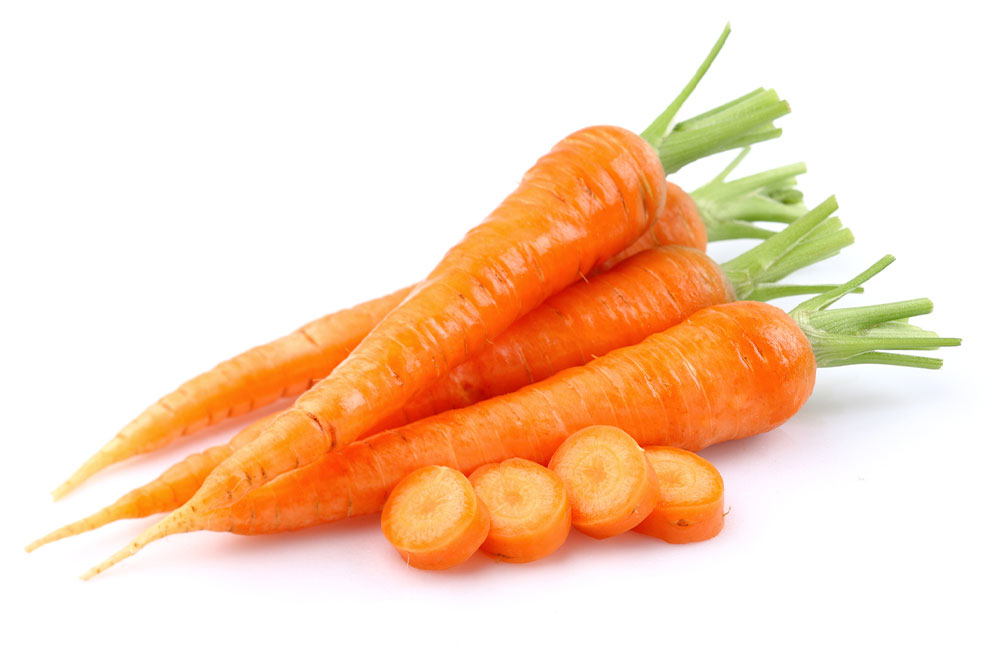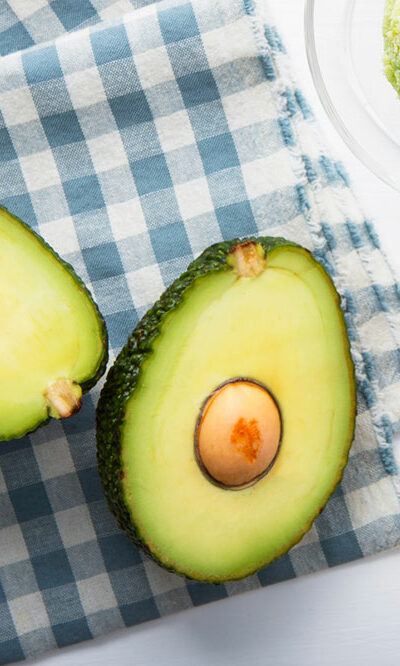4 essential vitamins for better eye health

The human eye has a complex structure. The retina, lens, and light-sensitive cells work together to convert light into electrical signals. The brain then converts these electrical signals into the images we see. Proper nutrition is key to maintaining good eye health to support this function. Some essential vitamins in the food boost eye function, promote better long-term vision, and help prevent eye disorders like macular degeneration and night blindness.
Vitamin A
Vitamin A is rich in antioxidants that help fight free radicals and cell damage to vital DNA structures. The retina mainly needs it to produce certain pigments that allow humans to see clearly. It also helps keep the corneas hydrated and protects the front part of the eyeball. Studies have found that a deficiency of this vitamin can lead to night blindness. On the other hand, a high intake has been associated with a lower risk of age-related macular in older adults. Hence, it is a crucial vitamin for eye health.
Many foods are rich in vitamin A, but carrots are the best for better eye health. Carrots are naturally rich in this vitamin and even have other compounds that are converted into it during digestion. Adding this food to the meal plan can improve vision at night and lower the risk of eye problems due to aging and other chronic illnesses.
Specific other fruits and leafy veggies also have lots of vitamin A. The best examples are spinach, broccoli, mangoes, cantaloupes, dried apricots, and bell peppers. Baked sweet potatoes even have healthy carbohydrates that improve eye health and lower the risk of macular degeneration.
Vitamin E
Vitamin E promotes better eyesight and lowers the risk of two major eye disorders: cataracts and macular generation. A cataract develops when free radicals destroy specific proteins in the eye and cloud the lens. Vitamin E fights these free radicals that damage healthy eye cells and compromise vision. It also prevents cells from breaking down due to unstable molecular activity, making them one of the best vitamins for eye health.
Vitamin E is naturally available in abundance in certain foods. For instance, it can be easily sourced from vegetables like broccoli, collard greens, mustard greens, avocados, spinach, asparagus, Swiss chard, and red bell peppers. These are excellent to include in salads in their raw form. Besides having necessary vitamins for eye health, these veggies are rich in antioxidants that boost immunity.
Certain nuts and seeds are also beneficial. Every 100 grams of almonds contains 25 milligrams of vitamin E. Dry-roasted and unseasoned peanuts also pack a decent quantity of this nutrient. Further, one can add sunflower seeds to salads, oatmeal, yogurt, and other snacks to boost intake.
Besides adding the mentioned vitamin E-rich foods to the meal plan, individuals can consider substituting hydrogenated vegetable oils in daily cooking with safflower oil, wheat germ oil, rice bran oil, and grapeseed oil. These are excellent oils for higher vitamin E.
Vitamin C
Vitamin C is among the most crucial immunity-boosting vitamins for eye health. It mainly helps the body produce collagen, a protein that helps provide a proper structure to the eyes. Without collagen, certain eye functions are affected, increasing the chances of complications linked to age-related macular disorders. Vitamin C is also a powerful antioxidant that prevents free radicals from harming healthy cells. Studies show a reduced risk of cataracts among those who add sufficient vitamin C-rich foods to their meals.
Some foods rich in vitamin C are oranges, grapefruits, strawberries, blackberries, papaya, green peppers, brussels sprouts, and tomatoes. Individuals can also include other citrus fruits in moderation to boost immunity when dealing with eye disorders.
Zeaxanthin and lutein
These are vitamins that belong to the carotenoid family. They are also naturally found in the lens, retina, and macula, responsible for visual projection and processing. So, boosting their intake can help promote better vision in the long run. Studies show that lutein and zeaxanthin help prevent high-energy light waves from affecting healthy eye cells. They also help prevent oxidative damage to the retina and lower the risk of age-related macular degeneration, making them the best vitamins for eye health.
Spinach, kale, lettuce, and broccoli are superfoods that naturally boost the intake of these essential vitamins for protecting the retina. Asparagus, corn, peas, and egg yolks are other options with these nutrients to improve eye health in the long run.
Other nutrients and vitamins for eye health
Several other nutrients promote better eye health and can be sourced from daily foods. For example, zinc helps maintain the cell membranes of the retina and other protein structures of the eye. Combined with vitamin A, it can help produce a pigment to protect the eyes from harmful UV rays. Oysters, crabs, lobsters, turkey, whole grains, fortified cereals, beans, chickpeas, assorted nuts, and pumpkin seeds are rich sources of zinc.
Omega-3 fatty acids are healthy fats that help protect the retina and suppress the effects of cell tissue degeneration. Oily fish like tuna, herring, and sardines are the best sources of omega-3. Avocado, walnuts, assorted flax seeds, and chia seeds also help boost daily intake.
It is advisable to consult with a certified nutritionist and discuss viable options before making any changes in daily nutrition to include these vitamins for eye health. Individuals should also supplement a nutrition plan with lifestyle habits to boost immunity and improve eye health in the long term.
Doctors suggest CEQUA® prescription for people with dry eye disease. These are cyclosporine eye drops that improve tear production in the eye. Some side effects of this prescription include pain during the administration of drops, headache, eye irritation, and urinary tract infection.







